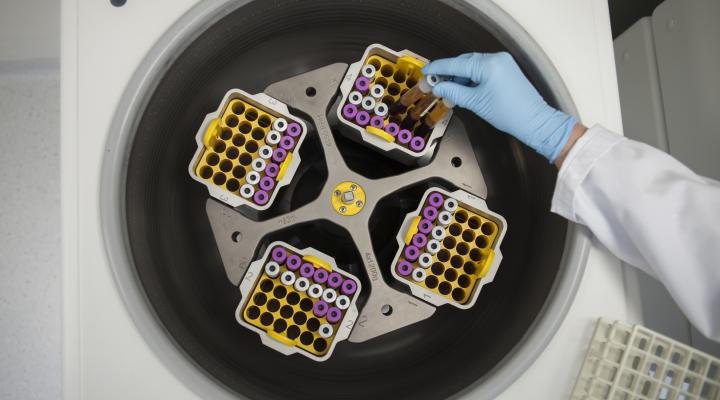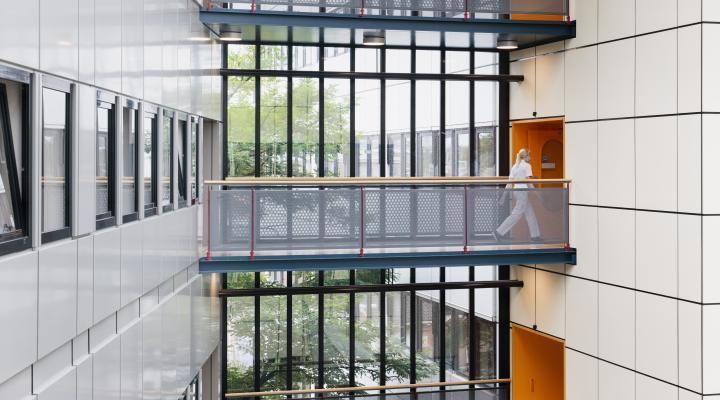
Additional study
Approximately once every five years, we invite our participants for a general assessment including basic physical measurements, biosample collections and comprehensive questionnaires. Our general assessments are aimed at getting a complete and longitudinal picture of the physical and mental health of our participants and risk factors (environment, lifestyle) to which they are exposed. However, many important and impactful scientific projects may benefit from the additional collection of specific types of data or biosamples from our participants. Lifelines offers the possibility to design a project – in cooperation with us – to recall participants for an additional questionnaire, physical measurement and/or bio-sample collection.
Possible additional assessments & examples
Questionnaires
- Public health perspective
- In-depth data collection in specific subgroups
- In-depth data collection in the general population
Biomaterials
- Omics-based research
- In-depth biosample collection in specific subgroups
- Post-COVID research in long term effects of the pandemic
- Covid-related serology at the start and in the tail-end of the pandemic
- Other biosample collections
- Collection and analysis of scalp hair samples (HAIR)
- Cryopreserved whole blood was collected from 20,000 participants in the first wave
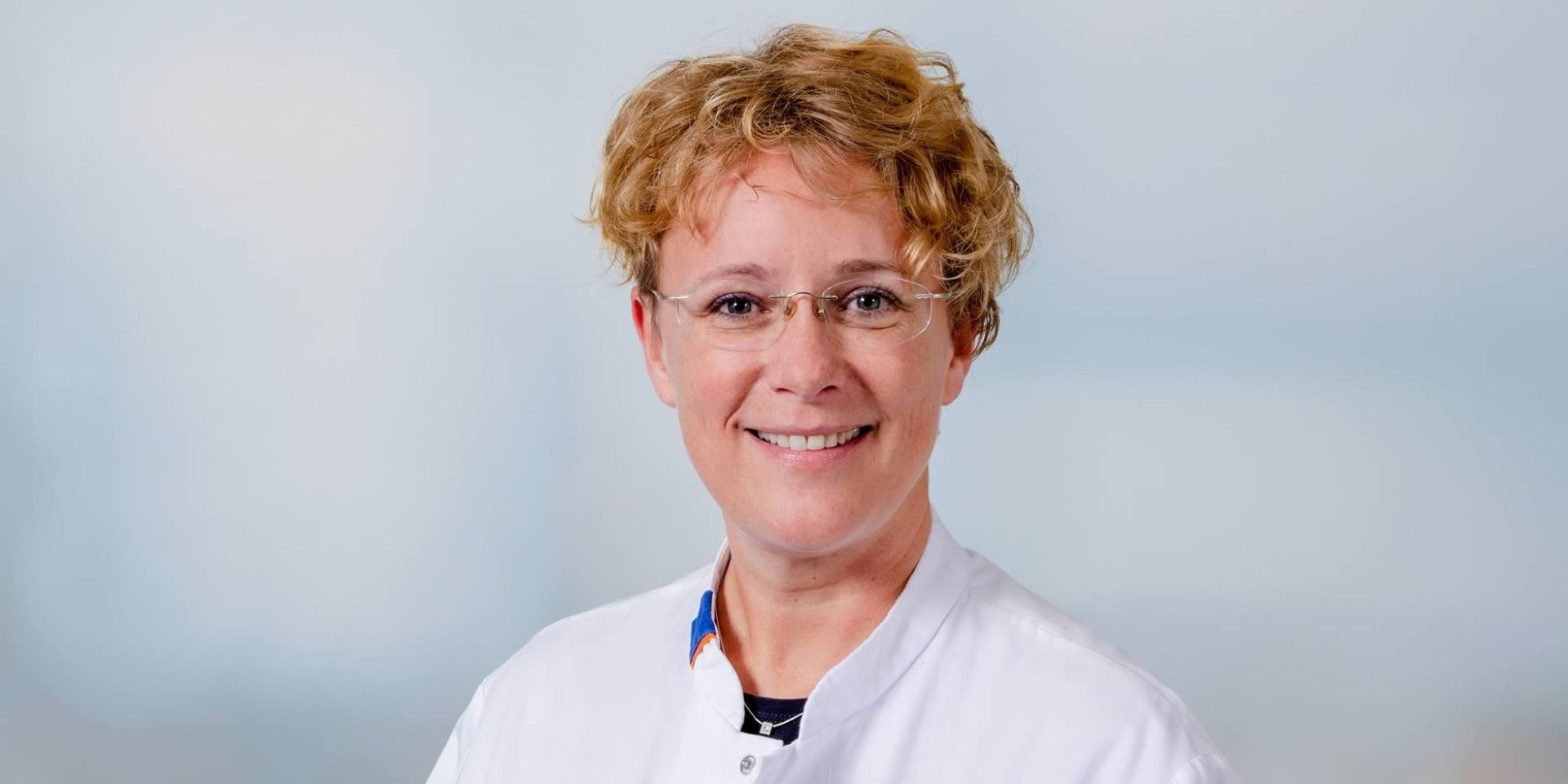
Experience of: Rozemarijn Vliegenthart - New Imaging Data (Imalife)
In this project, researchers bring together images of CT and MRI scans from large-scale studies such as ImaLife (Imaging in Lifelines). With this data, they then train computers to recognise early signs of Big-3 diseases. This is done using biomarkers. A biomarker is a measurable property that allows you to identify (the risk of) a disease and predict its course. For example, a biomarker for lung cancer is an unevenness in the lung: a lung nodule. This unevenness may be visible on a low-dose CT scan. An early sign of risk of cardiovascular disease is the presence and severity of calcification of coronary arteries.
Experience of: Rinse Weersma – Gut Health (Microbiome Cohort)
In this study, the researchers generated and analyzed one of the largest, multi-generational gut microbiome cohorts to date, determining the precise composition and function of the intestinal microbiome in more than 8,200 Lifelines participants from 2,756 families, including both participants in good health and those with a variety of diseases. The results of this very comprehensive study provide a deep catalogue of the microbiome and the factors that influence its composition. Therefore, the findings can be the basis for developing therapies that target the microbiome.
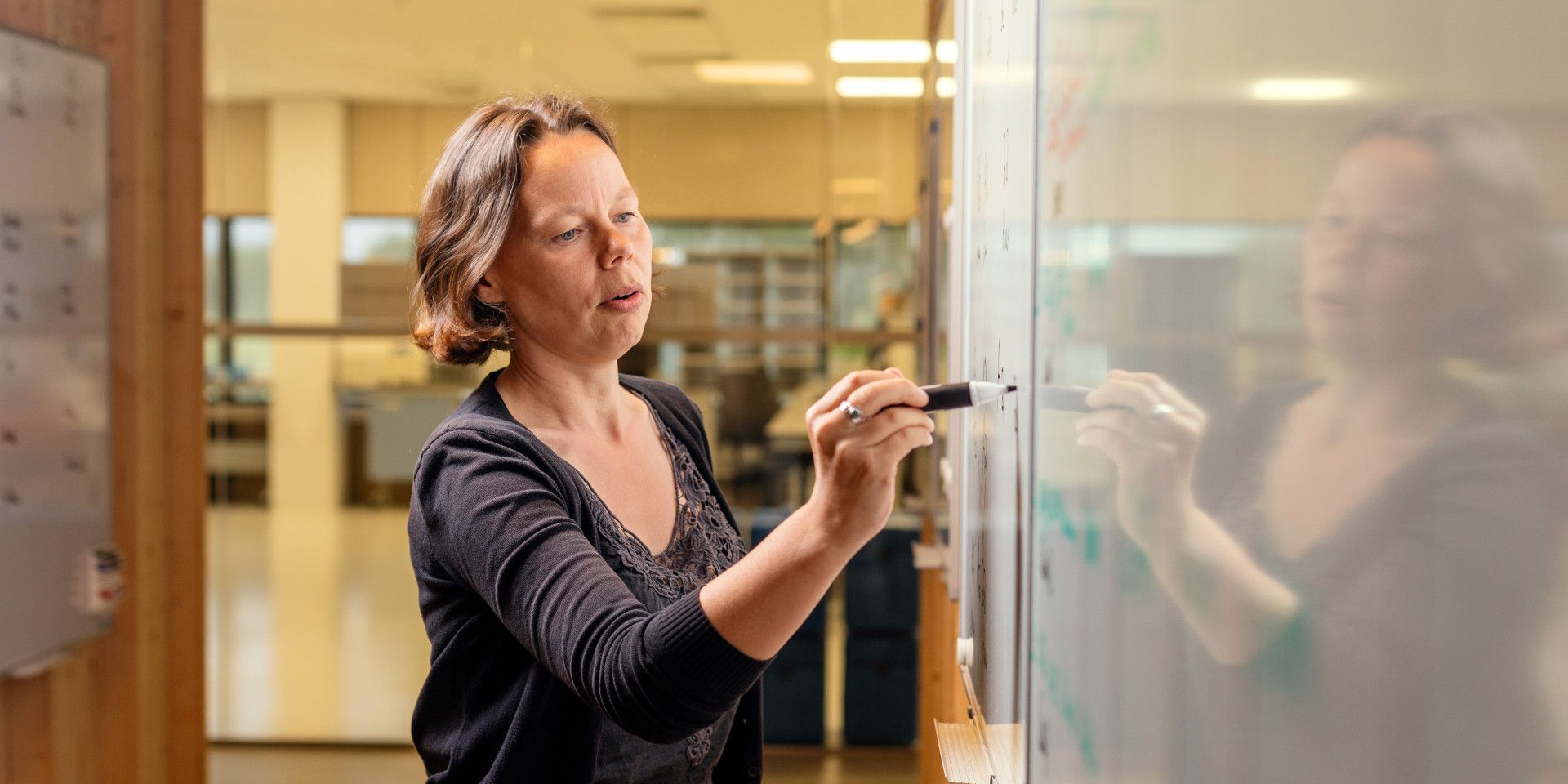
Case: RIVM – Menopause and Work
The National Institute for Public Health and the Environment (RIVM) initiated an additional study exploring to what extent working women experience symptoms from menopause. The RIVM also studied the association of these symptoms and work performance. More than 12,000 working women, aged 40 to 66, filled in the additional questionnaire for this study. The results illustrated that many working women aged 40 and older experience menopausal symptoms. Because these symptoms occur so often, more awareness and knowledge is needed. Therefore, it is important to identify what kind of support would help women with these symptoms. In addition, insight is needed into which strategies can be used to improve the sustainable employability of working women during menopause.

How does it work?
Researchers that are interested in implementing an additional protocol can contact the Lifelines Research Office to discuss whether the desired assessments are feasible. Since reuse of data is an important principle for Lifelines, we strongly encourage researchers to keep in mind that the data to be collected should also be of interest to other scientists. We also prefer larger-scale projects that are in line with our set-up of a broad population cohort.
Furthermore, the following principles apply to additional studies:
- Researchers themselves are responsible for the funding needed for an additional study and for obtaining medical-ethical approval if needed.
- The relevant raw and/or derived data of an additional study will return to Lifelines. In most cases they will be linked to other Lifelines data and released in one of our research environments for the final analyses of the research project.
- The results of an additional study may eventually be used, after an embargo period, by other researchers.
Once your idea for an additional assessment is well thought out and discussed with Lifelines, you can submit your proposal to the Lifelines Research Office. Do you prefer a call? Would you like to know more about the possibilities to conduct an additional study? Feel free to send Ilse an e-mail, and we can schedule a call.
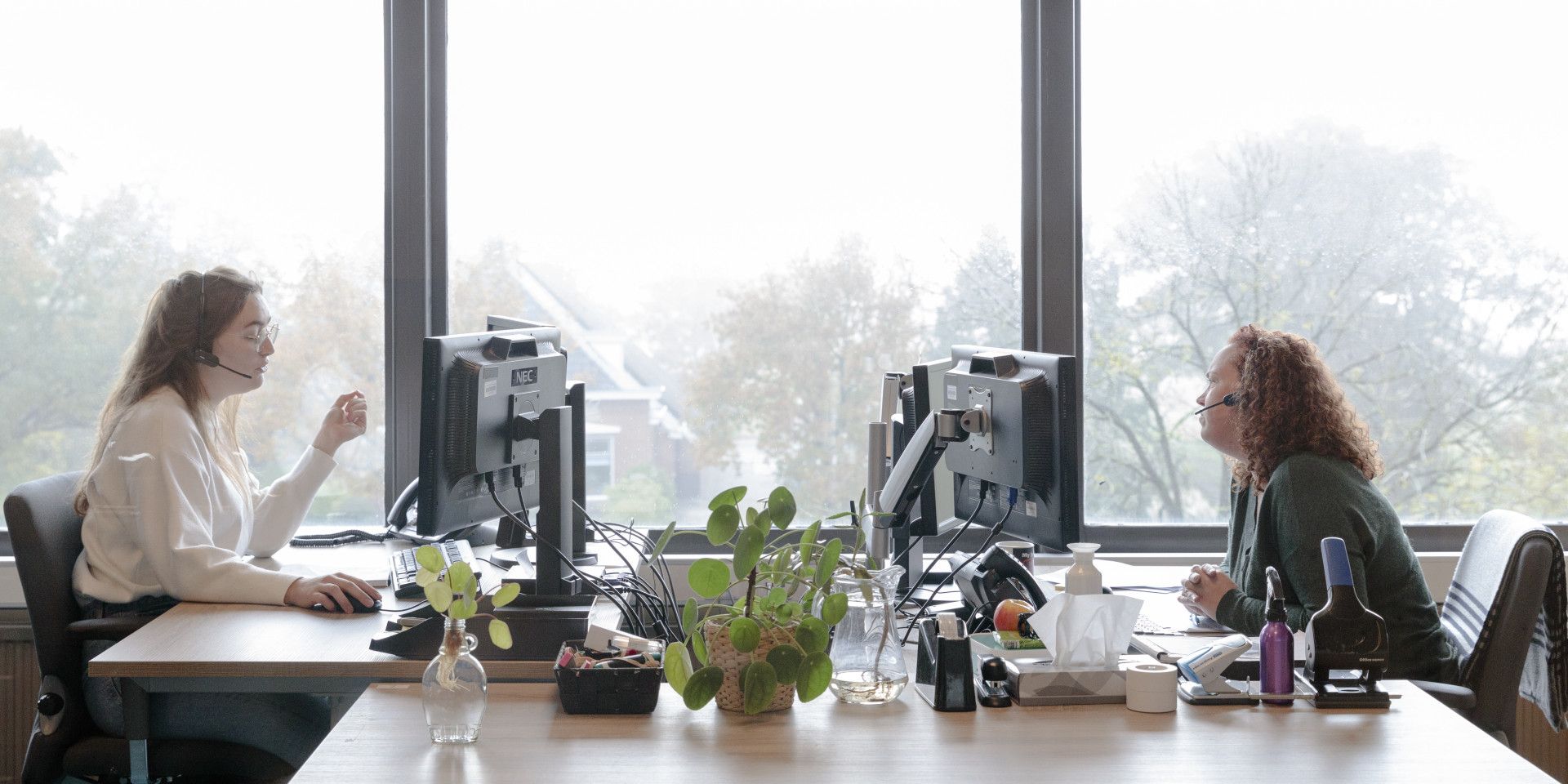
Costs
The costs for additional studies are calculated on a “fee-for-service” basis and are therefore tailored to the specific design and needs of the study. Factors of influence are, among others, the size and composition of the study population and the collection protocol, but also logistic and technical requirements. For a rough cost estimate of your desired additional assessment, you can contact the Lifelines Research Office.
Ready to start?
Submit an application




